Hey there, stranger! Welcome to my Substack. If you sign up to receive it in your email inbox, I’ll send you e-copies of both my published books for free, and enter you in a drawing to win a signed paperback copy of each. You can scroll to the bottom of this post for more info, or else just enter your email address here:
One thing I keep hearing white people say is that they “ought to read more books,” and as someone who’s got books to sell, I agree. There’s no secret to it, though—just turn off your TV, and your phone, and your iPad, and your Switch, and your PS5, and your smart fridge, and—y’know what? This is getting exhausting. Never mind.
What I know for sure, though, is it’s possible to read books, because I read books sometimes. Some of them are even good. And just for fun, I kept a ranked list of all 62-ish of the books I read in 2022, which I thought I might share with you. I even wrote a short review of each one, because apparently I like turning something fun into hundreds of hours of work.
So let’s compare lists! Here’s mine.
But first a few quick notes:
The ranking here means almost nothing. It’s just “I liked this one more than this one.” Yes, it’s pretty absurd to even try to compare Herman Melville, R. L. Stine, and Athanasius. The ranking is just for fun, so feel free to disagree with it or ignore it entirely.
I don’t finish every book I start—I’m pushing forty, which is way too old to waste time on a book I’m getting nothing out of. With that in mind, I’ve marked every book I didn’t finish with an asterisk. Yes, that means my opinion of it is “less valid” than the opinion of someone who finished it—but then again, that is my opinion: that it wasn’t worth finishing.
I’ve included every book I read for the first time this year, including stuff I read on my own, stuff I read to my kids, and stuff I listened to as audiobooks.
On the other hand, I didn’t include books I re-read, or books I only read bits and pieces of.
I “reviewed” every single one of these, but limited myself to three sentences or less, which was still way too much work.
Yes, this isn’t quite technically the end of the year, so I’ll probably squeeze in a few more books before year’s end. But screw it, I’m going to Florida and don’t want to have to work on my blog while I’m on vacay.
Yes, I learned the word “vacay” from an obnoxious Long Islander twenty years ago. Yes, I hate myself for letting it worm its way into my vocab.
I also hate that I just said “vocab.”
Yes, I realized this list was a terrible idea halfway through putting it together.
Yes, I finished it and published it anyway.
Okay, there’s the list!
The ones I loved:
1. The Nineties: A Book (Chuck Klosterman, 2022)
A collection of mildly sophomoric critical essays about the 1990s from the undisputed (?) king of mildly sophomoric critical essays. I was worried it would be nothing but vacuous, BuzzFeed-esque nostalgia, but it quickly won me over with its breezy writing style and insightful observations—and I learned a lot! Did you know “Generation X” was originally the title of a novel (because people still read novels in the 1990s, I guess)?
(Wrote a bit more about this one here.)
2. You’ll Know When You Get There (Lynda E. Rucker, 2016)
A collection of neo-gothic short stories, mainly about characters obsessed with the exact things they shouldn’t be obsessed with. Kept me up every single night over Thanksgiving weekend, which was the last thing I needed, since I was getting over the flu. Still recovering, physically and emotionally.
(Wrote a bit more here.)
3. Waiting for Godot (Samuel Beckett, 1953)
The classic play about two morons who stand around waiting for a guy who may or may not be God and who never shows up. It’s a ubiquitous cultural touchstone, but I somehow hadn’t read it till this year—and I was surprised at how laugh-out-loud funny it was, even on the page. I need to read more “theater of the absurd,” I guess.
4. Nine Nasty Words: English in the Gutter—Then, Now, and Forever (John McWhorter, 2021)
With the exception of R. L. Stine (which I have an excuse for, I swear!), I read more books by linguist John McWhorter this year than anyone else—although technically I listened to them, because McWhorter does his own audiobooks, and they’re incredible (the guy has a background in theater, and it shows). Anyway, McWhorter’s childlike giddiness for dirty words combines here with his encyclopedic knowledge of the English language for something no one else could have written, and it’s a wild ride.
5. 18 Months: A Memoir of a Marriage Lost to Gender Identity (Shannon Thrace, 2022)
They say there’s nothing sadder than an aging hipster, but an aging individual who’s made gender their whole personality has got to be a close second. Thrace tells the story of how she gave up lesbianism to marry a beardy, outdoorsy man—only to have him decide he was a woman and slowly descend into a inescapable hole of narcissism and self-loathing. This book has some of the most beautiful writing I’ve read in years, but I’m afraid it’ll go ignored because of its subject matter.
6. Everything Sad Is Untrue: A True Story (Daniel Nayeri, 2020)
Quick, what’s your favorite book that weaves together themes of Christianity, middle eastern folklore, and poop jokes? Not mine, huh? Well, what if I restricted you to books released on August 25, 2020—dang it.
7. Doctor Sleep (Stephen King, 2013)
The sequel to The Shining, in which an adult Danny “Redrum” Torrance has to mentor a young psychic and protect her from a mind vampire. Basically a western or a Star Wars movie, but in a horror universe. Like most King novels, it’s great up until the end (and the movie changed the ending, but failed to improve on it—go fig?).
8. Gilead (Marilynne Robinson, 2004)
In the 1950s, an Iowa town founded by abolitionists is tested to the brink when a white pastor’s adult son returns to town having married a black woman. A lot of people think of the Midwest as a backwater full of religious conservatives, but that’s only half the story—just as often, it’s the place where radical ideals go to die.
9. The Geography of Lost Things (Jessica Brody, 2018)
Recent high school graduate gets stuck on the road with her ex-boyfriend, desperately trying to unload the classic car left to her by her deceased absentee father. We all know exactly where the romantic plot is going, but the father-daughter thread has a few surprising twists and turns, and the end left me ugly-crying.
(Wrote a bit more here.)
10. Slaughterhouse-Five, or The Children’s Crusade (Kurt Vonnegut, 1969)
I guess you’re supposed to read this sci-fi war satire in high school English class, but I missed it somehow, so I picked it up this year, and it was the first time I’d read Vonnegut since my college years. I guess I forgot how absurdly talented the guy is? The man can wring a laugh and a tear out of the most grammatically simple sentences.
11. Passersthrough (Peter Rock, 2022)
An old man teams up with a homeless woman to try to understand how his now-mostly-estranged daughter once became possessed. Picked this one up mainly because my mom was like, “Have you ever read any Peter Rock? He’s your sister-in-law’s cousin, y’know!”—but I found myself immediately captivated by the haunting, lyrical prose. This one was a solid contender for #1, until I got to the disappointing ending—I didn’t need a big Scooby-Doo-style explanation, but it felt like the whole third act had been chopped off.
12. Set My Heart to Five (Simon Stephenson, 2020)
What if Blade Runner was a rom-com told from the perspective of a replicant, and also the replicant was a screenwriter for some reason? One of the official endorsements for this book compares it to Vonnegut, which I agree with, except Set My Heart to Five is nowhere near as cynical—there’s an infectious core of humanity here that makes this book an absolute joy.
13. Save the Cat! Writes a Novel: The Last Book on Novel Writing You’ll Ever Need (Jessica Brody, 2018)
This was the year that I committed myself to full-time novel writing, and it had been seven years (!!!) since the last time I wrote a first draft of a novel, so I read a few books to get me pumped, centered, focused, etc. This one—a spinoff of Blake Snyder’s 2005 screenwriting bible Save the Cat! The Last Book on Screenwriting You’ll Ever Need—was the best of them, but I’m mostly grateful to it for introducing me to Brody’s fiction (see #9 above). She’s great.
(Wrote a bit more here.)
14. The Stranger in the Woods: The Extraordinary True Story of the Last True Hermit (Michael Finkel, 2017)
The biography of Christopher Knight, a Mainer who decided he didn’t like people and lived alone as a petty thief in the woods for twenty-seven years. This one changed the course of my life more than any other book I’ve read this year, making me seriously question the things I’m giving my time to. If there’s anything the internet has taught us, it’s that community isn’t inherently good.
(Wrote a bit more here.)
15. Free Speech and Why It Matters (Andrew Doyle, 2022)
I originally discovered “heterodox leftist” comedian Andrew Doyle through his satirical “Titania McGrath” Twitter account (which mercilessly skewers a certain flavor of very-online, terminally-academic “wokeness”), and while Titania’s pretty funny, I also enjoyed Doyle at his most earnest, with this spirited defense of liberal values. It’s bizarre to live in an era where the secular left is recycling the same anti–free speech arguments the Religious Right was using a few decades ago, and Doyle makes quick work of that phenomenon here.
16. 27 Essential Principles of Story: Master the Secrets of Great Storytelling, from Shakespeare to South Park (Daniel Joshua Rubin, 2020)
One of the other “how to write a story” books I picked up this year, this one didn’t ever really grab me (I ended up alternating chapters of it with The Geography of Lost Things—#9 above), but I found the advice useful enough that I wrote all twenty-seven principles semi-permanently on one of the whiteboards1 in my office. Then I got a hole in my office ceiling, and repairmen were tromping through there for several months, and they all wanted me to explain the twenty-seven strange, cryptic things I’d written on my whiteboard, and it was awkward for everyone.
17. Woke Racism: How a New Religion Has Betrayed Black America (John McWhorter, 2021)
John McWhorter’s polemic against the “woke” left, who have done a great job of making everything about themselves and policing esoteric euphemisms, but have created zero change for people who are actually suffering. I probably enjoyed this one more than I should have, because I find the woke left about as useless as McWhorter does, and while reading opinions you agree with is fun, I’m not sure it’s good for you.
(Mentioned this one in passing in this interview.)
18. Woke: A Guide to Social Justice (Titania McGrath, 2019)
The other book I read by Andrew Doyle—here writing under his satirical pseudonym. This one probably falls into the same category as Woke Racism above: I enjoyed it too much.
19. Cave in the Snow: Tenzin Palmo’s Quest for Enlightenment (Vickie McKenzie, 1998)
Thanks to the random confluence of The Stranger in the Woods (#14 above) and my own unplanned retirement from social media, I spent much of the year obsessively reading stories of hermits, ascetics, and mystics—and no one cast quite as long of a shadow over my year as the Venerable Tenzin Palmo (whom I first learned about from Stranger). Raised in England as a Spiritualist, Tenzin Palmo eventually converted to Buddhism, moved to India, and spent twelve years in solitude, meditating in a cave in the Himalayas. It’s a fascinating story, and it’s probably slightly more impressive than the time I quit Facebook.
20. The Gospel of Wellness: Gyms, Gurus, Goop, and the False Promise of Self-Care (Rina Raphael, 2022)
This one probably wouldn’t have crossed my radar if the author hadn’t reached out to me directly, but I’m glad she did—this was a shocking, enlightening, and laugh-out-loud-funny tour of the sea of grift known as the wellness industry.
(Interviewed the author here.)
The ones I liked:
21. Our Magnificent Bastard Tongue: The Untold History of English (John McWhorter, 2008)
McWhorter’s glee was infectious when he was discussing swears and dumb politics, but the surprising Welsh and Aramaic roots of the English language just weren’t quite as catching for me. I learned a lot here, and I’m glad I read it (i.e., listened to it), but it wasn’t quite as hard to put down.
22. Tao Te Ching (Lao Tzu, c. 400 B.C.)
The review that can be written is not the true review.
23. Wild: From Lost to Found on the Pacific Crest Trail (Cheryl Strayed, 2012)
Woman’s mother dies; woman is sad; woman does a bunch of hard drugs and repeatedly cheats on her husband; eventually woman decides hiking a thousand miles might be a healthier way to channel her feelings. I doubt Strayed and I would be able to stand each other if we ever met, but I enjoyed her book quite a bit—up until the last hundred pages, when it sort of ran out of gas for me. Turns out real life doesn’t always lend itself to a satisfying three-act structure (who knew?).
24. Breakfast of Champions, or Goodbye Blue Monday (Kurt Vonnegut, 1973)
Fun yarn where a failed sci-fi writer accidentally causes a car salesman to go on a homicidal rampage. “You understand, of course, that everything I say is horseshit.” —Vonnegut. Yes, I do, but it’s fun.
25. The Great Poets: Rudyard Kipling (Rudyard Kipling, 2007)
*guy-who-always-yells-“‘Freebird’!”-at-concerts voice:* “If…”!!!
26. Notes from the Underground (Fyodor Dostoevsky, 1864)
Look, I’mma be honest here: I want to be the sort of person who reads Dostoevsky—he seems like I cool guy, and all the cool kids like him—but I always get lost when I try to read his stuff. Maybe I’m just picking up the wrong translations?
27. Moby-Dick, or The Whale (Herman Melville, 1851)
It’s about a whale or something.
28. Because of Winn-Dixie (Kate DiCamillo, 2000)
The classic girl-and-her-dog story, but this time with a parrot who squawks “Dog!” every time she sees a dog. If you’re not charmed by that, you’re a monster.
29. Slenderman: Online Obsession, Mental Illness, and the Violent Crime of Two Midwestern Girls (Kathleen Hale, 2022)
The tale of the “Slenderman Stabbing” of 2014 turns out to be more than a meme: it’s a story of how, 200 years in, the societal project of dealing seriously with mental illness has made roughly zero progress.
(Wrote a bit more here.)
30. If This Book Exists, You’re in the Wrong Universe (Jason Pargin, 2022)
I wrote a longer write-up of this one down below (scroll down if you care!), but in brief: This work of cosmic-horror-plus-fart-jokes is Pargin’s best novel in years. Which isn’t saying much, but still.
31. Mexican Gothic (Silvia Moreno-Garcia, 2020)
What if gothic novel, but in Mexico?
32. The Life of St. Anthony the Great (St. Athanasius of Alexandria, c. 360 A.D.)
Picked this one up as part of my “Read all the hermits!” quest, and it was fine—but it talked a lot more about Anthony’s ecclesiastical doings than his solitude, which makes sense, I guess. Also: Most legends about Athanasius portray him as the early Church’s answer to Groucho Marx, but there’s not one funny sentence in this thing. Pretty suspicious, that.
33. The Night Swimmers (Peter Rock, 2019)
They say that every literary novel is about an aging professor contemplating an affair, but this one puts the lie to that: it’s about an aging professor remembering an affair. This one’s mostly-autobiographical, and Peter Rock is (again) my sister-in-law’s cousin, and my sister-in-law’s mother shows up as a minor character in this book, which made me go “Wait, I know her,” for a second.
The ones I thought were okay:
34. Because Internet: Understanding the New Rules of Language (Gretchen McCulloch, 2019)
I’m not sure why I thought I’d like this? If it had come out in 2015, back when the internet still felt sort of shiny and new and we were all still impressed with how funny our Twitter accounts were, I might have gotten something out of it. Reading it in 2022, though, just reminded me that the internet is a very stupid place where I should spend less of my time.
35. Disrupting the Game: From the Bronx to the Top of Nintendo (Reggie Fils-Aimé, 2022)
I really wanted to enjoy this autobiography, but I guess I just don’t quite get the cult of Reggie—he seems about as vacuous as any other business exec, even if his stage persona is more compelling than average. I was hoping this book would go a bit deeper than “Look at all my accomplishments!” but nah. Missed opportunity.
(Wrote a full review that came in runner-up in a contest over at Freddie deBoer's blog, but he hasn’t posted it yet. Will let you know when he does!)
36. Fight like Hell: The Untold History of American Labor* (Kim Kelly, 2022)
Really thought I’d like this one, but alas, it’s just a litany of names and dates, punctuated with laments that 1920s labor organizers were insufficiently intersectional. No idea who this book is for, but it’s clearly not aimed at anyone who’s actually working class.
37. Save the Cat! Goes to the Movies: The Screenwriter’s Guide to Every Story Ever Told (Blake Snyder, 2007)
Was briefly back on a Save the Cat! kick thanks to Brody’s book above (#13), but this one kinda put an end to that. It’s just 200 pages of Snyder summarizing movies, in an attempt to prove they all fit into his formula, which…yeah, maybe if you squint? I loved the original Save the Cat!, but this one left me cold.
38. The Ballad of Songbirds and Snakes: A Hunger Games Novel (Suzanne Collins, 2020)
Would The Hunger Games have worked without Katniss? No, it absolutely would not have. This book is like if George Lucas edited the Star Wars prequels into a single, nine-hour epic, and also added a bunch of scenes where Jar-Jar sang the blues.
39. Christina Rosetti: Complete Poetical Works* (Christina Rossetti, 2012)
Put this in the “probably would have finished it, but I got COVID and forgot about it” column. Look, we all know “Goblin Market” and “In the Bleak Midwinter” are bangers, but there’s a lot of filler here too, Christina.
40. The Two Towers, Being the Second Part of The Lord of the Rings* (J. R. R. Tolkien, 1954)
Okay, look…I know The Lord of the Rings is a masterpiece, but I just can’t get into it—for a guy obsessed with poetry, Tolkien wrote some of the driest prose I’ve ever read. Anyway, I did my best to finish this one, but then I got COVID and forgot about it. Maybe I’ll try again next year.
41. University Thugs: The Novel (Free Chef, 2021)
This ambitious literary novel—in which a handful of black students struggle in vain against systemic racism at the University of Virginia—seemed headed for critical acclaim and awards, until it was revealed that the author was Filipino, not black (though he based the novel directly on his black UVA roommates), and was abruptly dropped by his agent. Controversy aside, the novel itself is…fine? I admired its ambitious prose style, but the plot really sagged and dragged in places for me.
42. Welcome to Dead House (R. L. Stine, 1992)
I was briefly on a “re-read Goosebumps” kick back in July—it was the series’s thirtieth anniversary, and I wanted to see if any of them held up. Turns out most don’t—The Ghost Next Door (which I wrote about here) is still good, and One Day at HorrorLand isn’t bad, but I could take or leave the majority of them. Welcome to Dead House (Goosebumps #1) is all right, but it definitely has that making-it-up-as-he-went feel that would plague the series going forward.
43. Reflections on a Mountain Lake: Teachings on Practical Buddhism (Venerable Tenzin Palmo, 2002)
I found Tenzin Palmo’s life so fascinating that I thought this collection of her lectures might be worth my time as well. It was…fine. A lot of inside baseball about Tibetan Buddhist theology, which makes sense, but I was hoping she’d talk a bit more about her time advising Christian religious orders as well.
44. Heauton Timorumenos (The Self-Tormentor) (Terrence, 163 B.C.)
Ancient Roman comedy famous mainly for its line, “I am human and I think that nothing human is foreign to me.” Had some smart and funny moments, but it mainly felt like watching a local sitcom in a country where I only half-understand the language. Then again, I am human, etc.
45. The Stand (Stephen King, 1978; revised 1990)
They say this is Stephen King’s best novel, and I’m not sure I agree, but it’s definitely his…Stephen-King-iest? It’s allegedly the story of an epic confrontation between Good and Evil (following a plague that wipes out nearly all of the world’s population), but King just doesn’t seem at all interested in engaging with the question of what Good and Evil are. He just sort of shrugs and says, “How about a church lady vs. a guy who’s Dracula but also Hitler?” and calls it a day.
46. True Grit (Charles Portis, 1968)
In 1878, an Arkansas girl hires a grizzled bounty hunter to help her chase her father’s murderer across Indian Territory. I saw the Cohen Brothers’ movie version when it came out in 2010, and I couldn’t follow it, I assumed because I couldn’t understand a word Jeff Bridges said. Then I read the book, and it turns out I couldn’t follow that one either, because I’m dumb (or maybe because I had the flu at the time).
47. No One Will Miss Her* (Kat Rosenfield, 2021)
I’ve appreciated Rosenfield’s writing over at UnHerd and elsewhere, so I thought I’d give her fiction a try. Sadly, I only made it a couple of chapters into this “thriller for the gig economy” before I got COVID and forgot about it. Crime thrillers just aren’t my bag.
The ones y’all are about to be really mad at me for not liking:
48. Why Liberalism Failed (Patrick J. Deneen, 2019)
Is there anything worse than a polemic that makes the exact opposite of the point it claims to make? The book is called Why Liberalism Failed, but in the text of the book Deneen admits that liberalism achieved exactly what it set out to do (that is, create a morally vacuous society where the rich rule over the poor). His real point is that liberalism’s explicit goals were bad to begin with, and that we should instead be living in some sort of theocratic-monarchist-Burkean-localist utopia—which is fine, I’d love to read that argument, but he never gets around to making it. ¯\_(ツ)_/¯
49. Demons Five, Exorcists Nothing: A Fable* (William Peter Blatty, 1996)
William Peter Blatty’s satire of the making of the film adaptation of his own novel, The Exorcist. Thought I should read it, since I wrote this article referencing it a year ago, but I just couldn’t get into it. I love Blatty’s horror (The Exorcist is great, and its sequel, Legion, is even better), but this one just left me cold.
50. Briefly, a Delicious Life* (Nell Stephens, 2022)
On paper this one checks all my boxes—literary fiction! a ghost! a monastery! cross-dressing!—but I just could not get into it. The prose style was just…a little too pleased with itself.
51. Into the Wild (John Krakauer, 1997)
The one that finally killed my hermit kick. Thought I was picking up the story of Christopher McCandless, the twentysomething kid who died in the Alaskan wilderness in 1992, and it was sort of about that, but it was mostly just a meditation on hermitage in general, which…I mean, it was fine, I guess.
52. The Well of Ascension: A Mistborn Novel (Brandon Sanderson, 2007)
The most successful living fantasy author’s 500-page epic about some wizards who eat metal in order to do sick ninja moves. About 300 pages of it were laundry lists of all the sweet flips and awesome punches they were doing. I did like this one (the second in the series) better than the first, which is a couple notches below…
53. The Book of Living Secrets* (Madeleine Roux, 2022)
There’s an entire subgenre of horror I like to call “me and my friends are all teen witches now that we discovered the Hot Topic at the mall,” and I guess someone must like it, but it’s not for me. This book is that, plus portal fantasy, or something.
54. Mistborn: The Final Empire (Brandon Sanderson, 2006)
Here’s Mistborn #1. Instead of reading this one, just read The Hero’s Journey while listening to a boxing match on the radio and crunching on some metal shavings. You’ll get roughly the same experience.
55. The Werewolf of Fever Swamp (R. L. Stine, 1993)
In a universe where no one ever dies (because, middle grade fiction), some kids get scared of a werewolf. You’ll never guess who the werewolf actually is, but you’ll definitely be nonplussed when you find out.
56. The Last Final Girl (Stephen Graham Jones, 2012)
Should I worry about admitting I didn’t like this one? I know Jones is a critical darling—at least as much as a horror author can be—but I just couldn’t get into this book of his, I suspect because it was mostly in-jokes for hardcore slasher movie fans, which I’m just…not. Feel free to berate me in the comments.
57. Ghost Beach* (R. L. Stine, 1994)
This is the one that ended my Goosebumps kick—made it about five chapters in before I lost interest. But I learned about Indian pipe—did you know there’s an entirely parasitic member of the plant kingdom? There is!
58. Freaks (Brett Riley, 2022)
Teen superheroes vs. eldritch horrors? It’s a great pitch, but the teens don’t act like any teens I’ve ever met (and I used to teach high school), and the eldritch horror just isn’t scary.
59. The Path of Thorns* (A. G. Slatter, 2022)
What if Mary Poppins was even more insufferable, and also there was a werewolf or something? Dunno, only made it three chapters in.
60. Six of Crows* (Leigh Bardugo, 2015)
This list is revealing my personal bias against high fantasy, isn’t it? I wish I could learn to enjoy high fantasy, because a lot of cool people I know like it, including my wife, but so many of these books start with “There are a dozen warring civilizations and you have to know all the intricacies of the politics between them to understand any of what’s going on, but who cares, we’re THROWING YOU RIGHT INTO THE ACTION™️!” and at that point, I just check out. Reading escapist fiction shouldn’t feel like desperately struggling to catch up on your homework.
61. Aurora* (David Koepp, 2022)
What if there was a solar storm that knocked out all electronics worldwide? It’s a killer premise (and plausible, to boot), but I just couldn’t take the Tom Clancy–esque, lantern-jawed narration. Someone else will have to read this one and tell me how it turns out.
62. The Colour of Magic: A Novel of Discworld* (Terry Pratchett, 1983)
Back in January, my agent’s assistant read my latest manuscript and said, “This reminds me of Terry Pratchett!” and I hadn’t read Pratchett, but I knew he was wildly popular, so I took it as a compliment and picked up this, the first Discworld book. I struggled through the first hundred pages before I gave up. The day may come when I make it to the end of a high fantasy novel, but it is not this day.
***
And that’s a wrap (whew). If you made it to the end, let me know in the comments: What did you read this year? What was the best book you read? The worst? The okayest? 🕹🌙🧸
All the cool kids are subscribing and getting free books
Hi to any new readers! I’m a horror author and occasional humorist out in Madison, Wisconsin, and these days, I’m working on building my audience here on Substack. So here’s how this works:
Everyone who signs up to receive this newsletter in their email inbox immediately gets free ebook copies of both my published books.
Every month, I hold a drawing for signed paperback copies of each book as well. (Everyone who signed up the previous month is eligible.)
“And just what books are those, Luke???”
Well:
Ophelia, Alive: A Ghost Story, my debut novel about ghosts, zombies, Hamlet, and higher-ed angst. Won a few minor awards, might be good.
Murder-Bears, Moonshine, and Mayhem: Strange Stories from the Bible to Leave You Amused, Bemused, and (Hopefully) Informed, an irreverent tour of the weirdest bits of the Christian and Jewish Scriptures. Also won a few minor awards, also might be good.
So you’ll get both of those, plus my monthly thoughts on horror fiction, musicals, and why social media is bad and you should feel bad for using it. Just by entering your email address below:
Congrats to last month’s winners, dltm75 and zofer11! (If you’re zofer11, please reach out to me! I’ve emailed you twice to no response!) I’ll run the next drawing on Jan. 1. 🕹🌙🧸
Join us over on Substack chat
There’s a new thing on Substack called “Substack Chat” that I’ve been experimenting with—it’s sort of a way to send quick notes to followers without jamming up their email inboxes. I’m not sure what I’ll really be using it for, but I don’t intend to start tweeting again any time soon, so the dumb thoughts in my head will probably be going there. Detailed instructions on how to get there can be found here (requires downloading an app, sorry), but you can also just click this button:
Stuff I’ve been enjoying lately
Potentially controversial take: I used to love—maybe even idolize—author Jason Pargin (who formerly used the pseudonym David Wong), but lately I’ve been regarding him as a cautionary tale about how signing big, multi-book deals and spending too much time on social media will turn you into a very boring person.
I have my reasons for this. I thought his first three books—John Dies at the End, This Book Is Full of Spiders, and Futuristic Violence and Fancy Suits—were dizzying, ambitious, and canny works that changed the way I think about fiction, even as they mixed lowbrow jokes into their highbrow aspirations. His essays always read like some sort of absurdist version of a tough-love motivational speaker (life sucks, nothing means anything, do something anyway), and his podcast appearances were always can’t-miss moments of insightful weirdness.
But in the last few years, something changed.
His last couple of novels—What the Hell Did I Just Read and Zoey Punches the Future in the Dick—both did nothing for me (there are moments from John Dies and Spiders that I’ll remember till I die, but I couldn’t tell you a single thing that happens in What the Hell or Zoey). The dizzying scope of his earlier books had given way to perfunctory, villain-of-the-week sequels, and the hard-earned, bleeding-on-the-page themes had been replaced with predictable, Twitter mob–approved moralizing. Meanwhile, his podcast appearances had devolved into depressing rounds of a middle-aged man talking about the importance of being on social media (lest you don’t sell enough books).
No doubt there are reasons for this. I’m sure that once you’re getting those six-figure advances, the pressure to churn stuff out and sell, sell, sell, is enormous—and maybe being a dancing monkey on social media really does help move units. It’s just sad how commerce can kill art, if not the very soul of the artist.
And all that is a roundabout way of saying: I only picked up his latest, If This Book Exists, You’re in the Wrong Universe, reluctantly, but I was…pleasantly surprised? Exists (the fourth entry in his “John, Dave, and Amy” cosmic/comic horror franchise) is still very much in the “villain-of-the-week” vein, and the ideas bubbling beneath its surface are nothing to write home about, but the book grabbed me right out of the gate, it made me laugh out loud multiple times, and its clockwork plot (something about a dark god being resurrected through a trendy child’s toy or…something) is full of twists and turns that kept me guessing till the end. It’s nowhere near as unforgettable as This Book Is Full of Spiders, but it’s perfect for reading by your local library’s fireplace on a cold December night.
And all that gives me a bit of hope. Maybe there is life after the big book deal.
(But it would still take a lot to get me back on social media.) 🕹🌙🧸
I’m terrified someone is going to call me out on this, so let me come clean: No, it’s not technically a whiteboard. It’s a dry-erase board that’s actually black in color. So, a blackboard? A black whiteboard? Ebony and ivory, together in perfect harmony? I’m just trying to be concise, dangit.






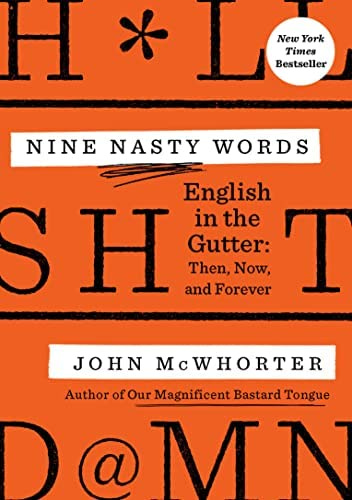

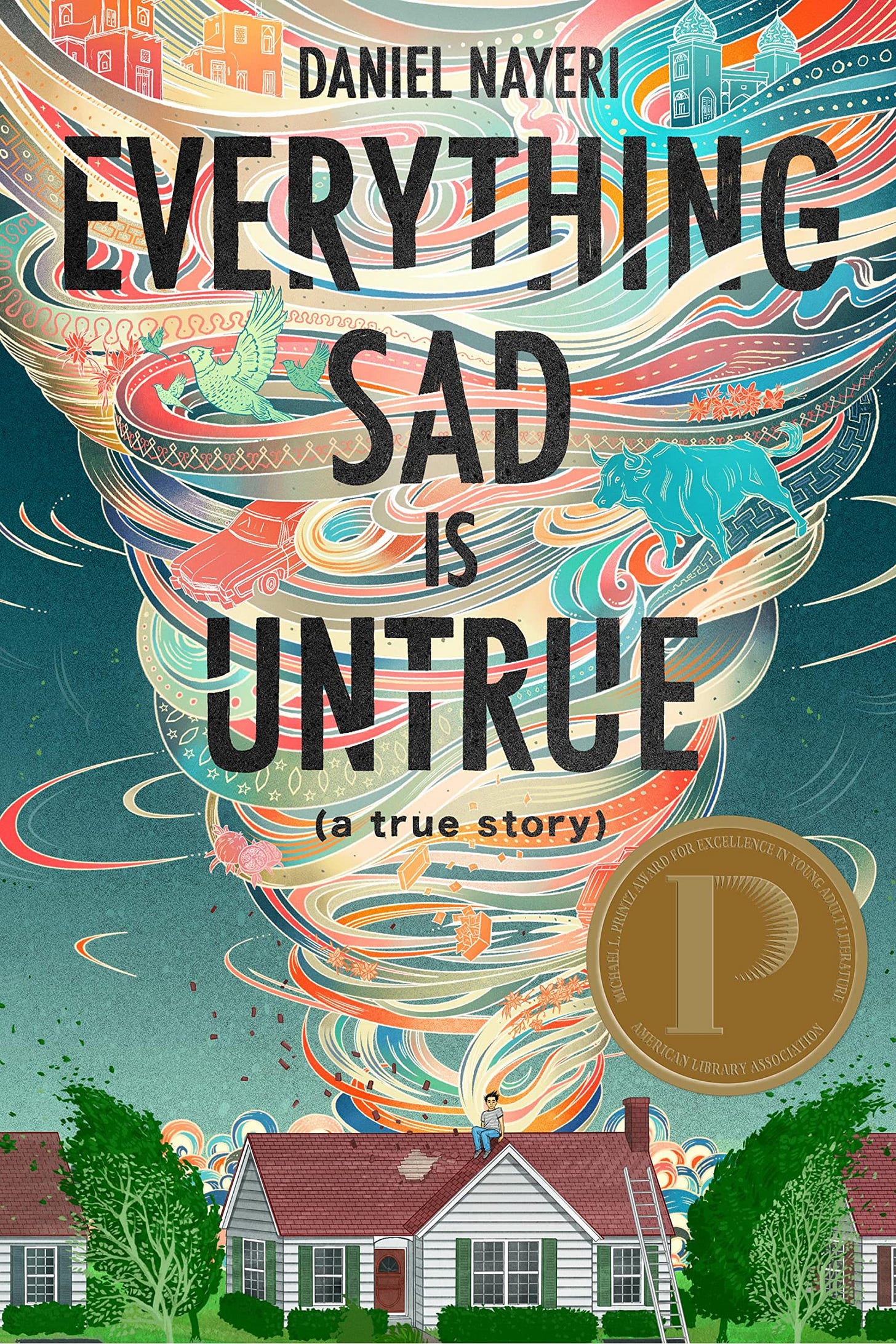


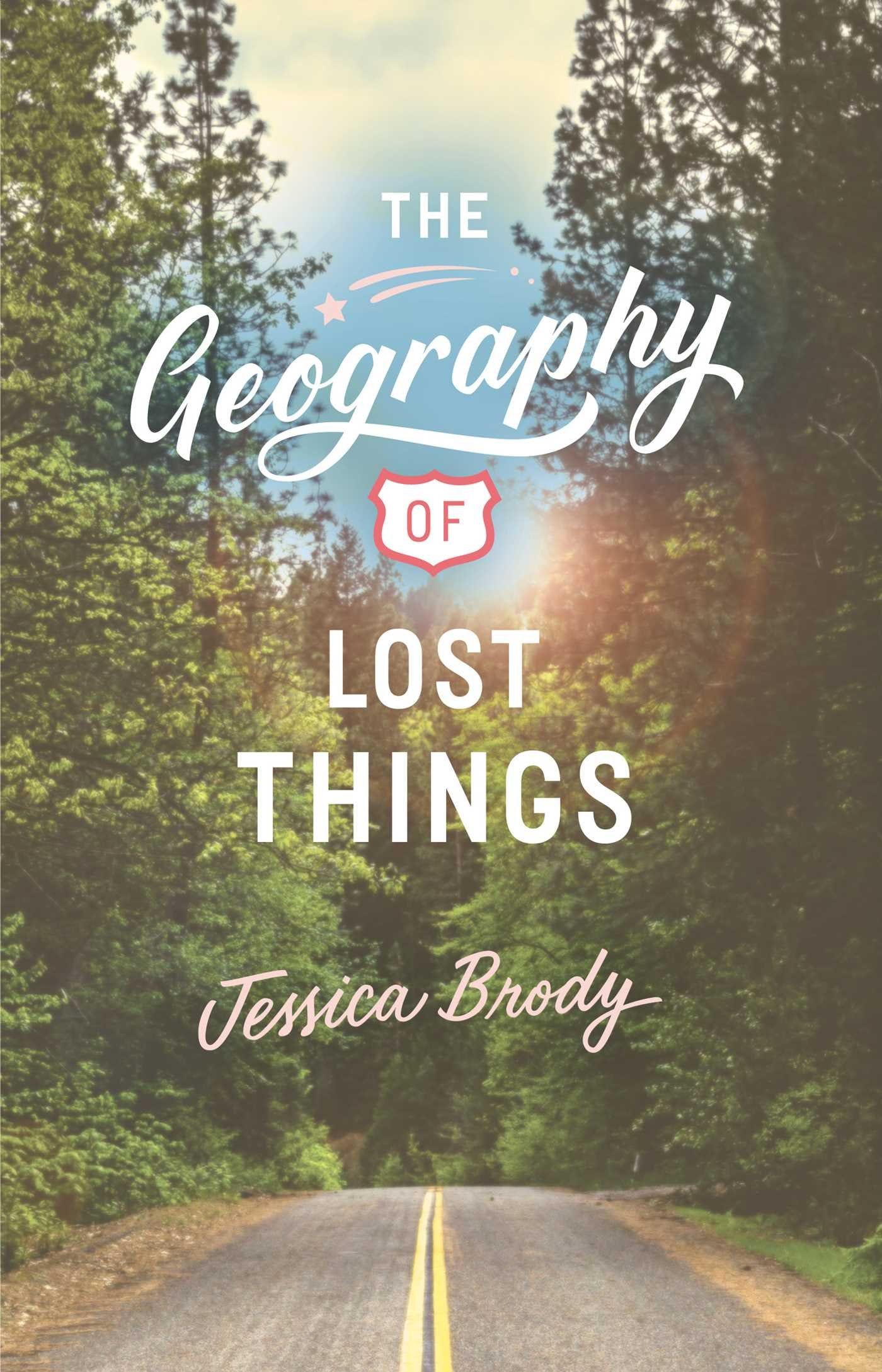
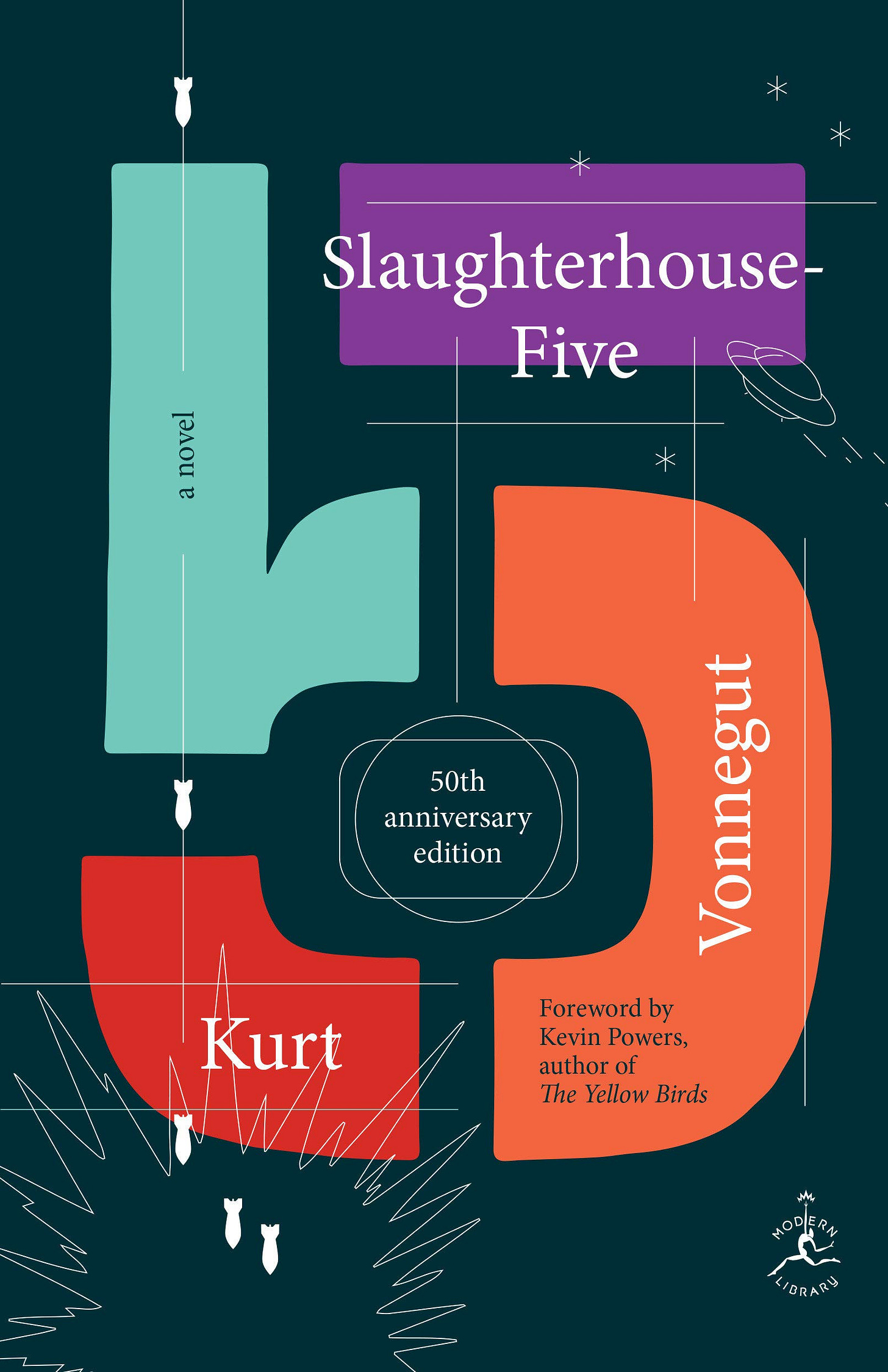
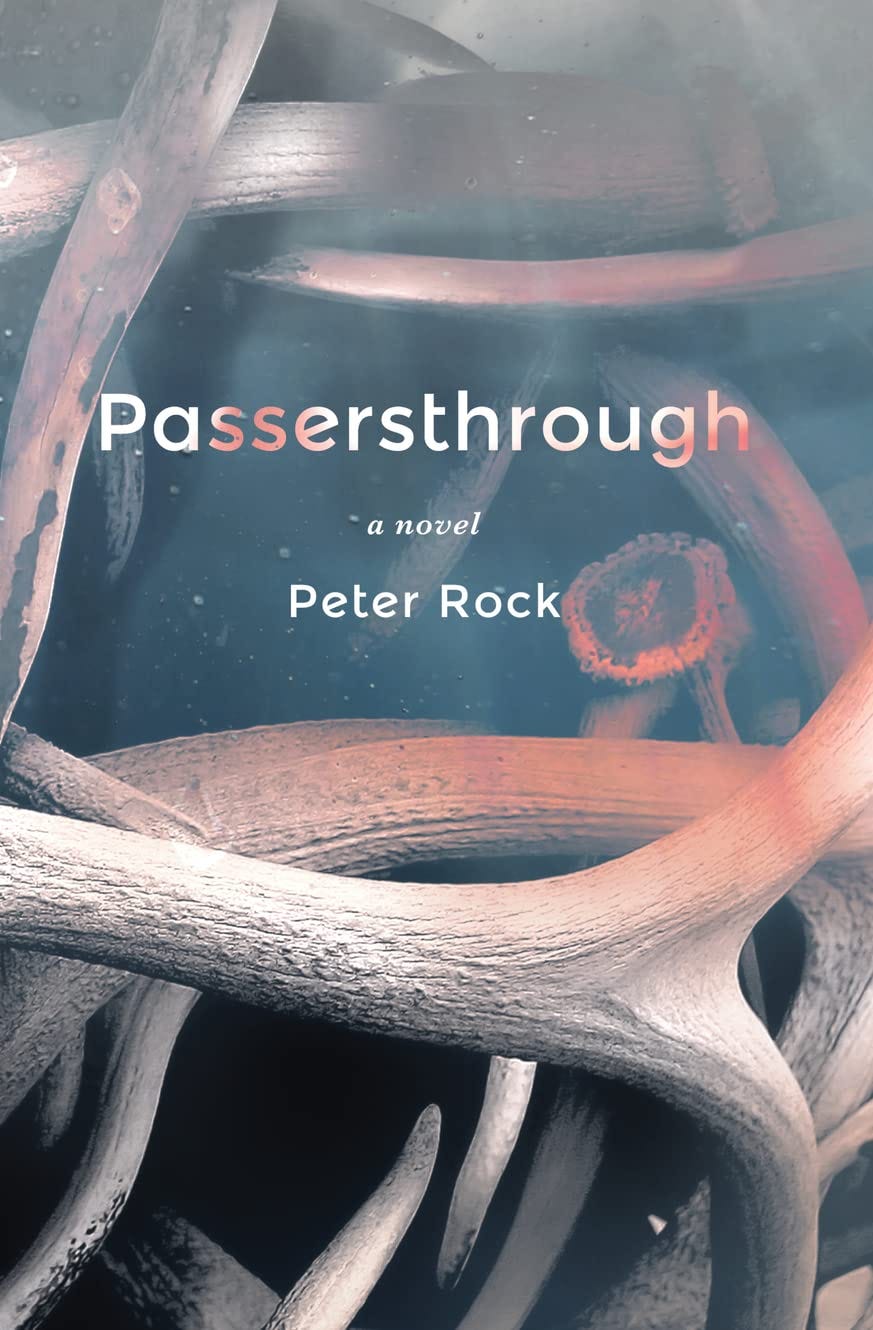
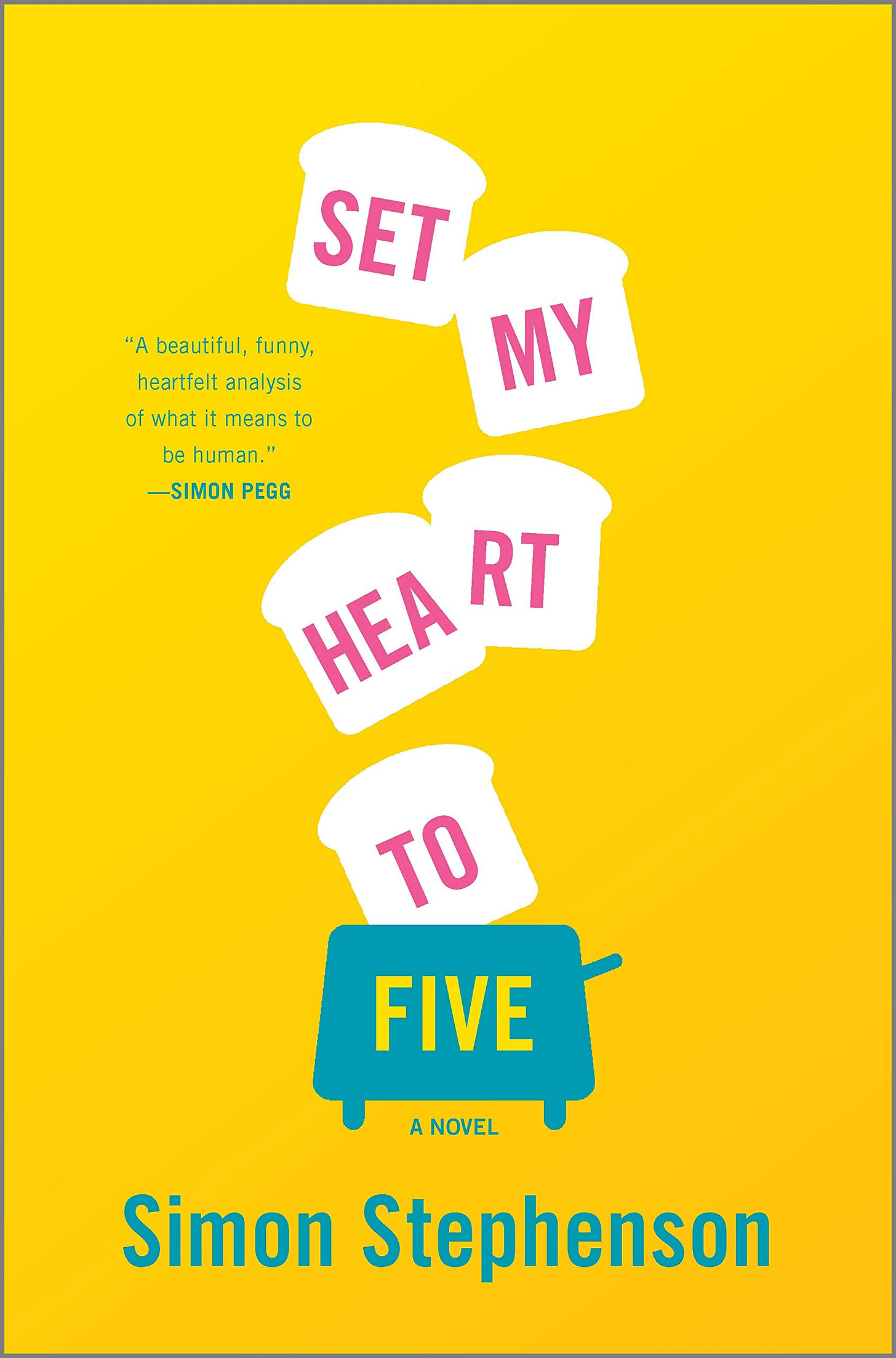

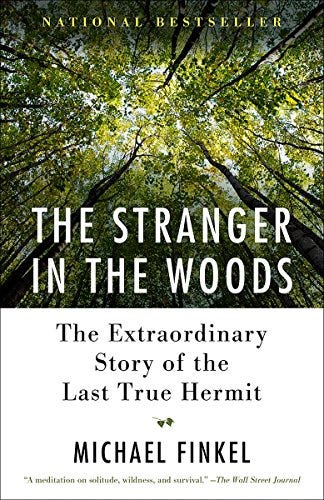
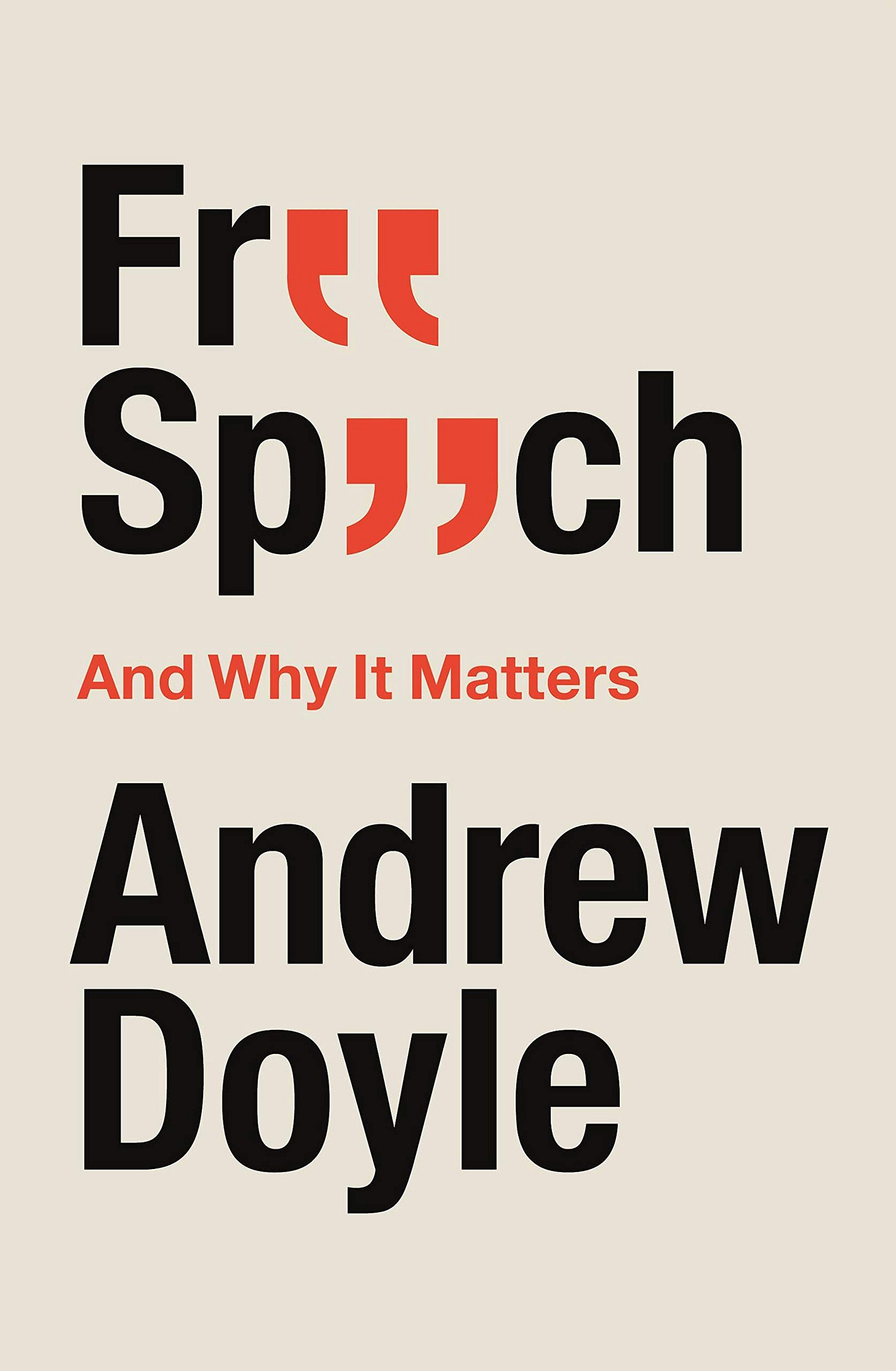
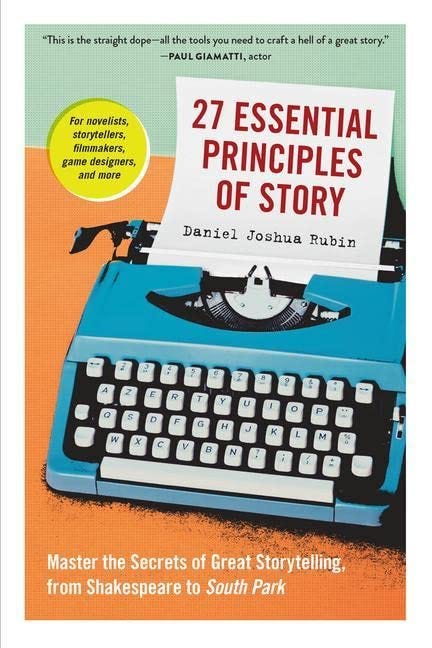

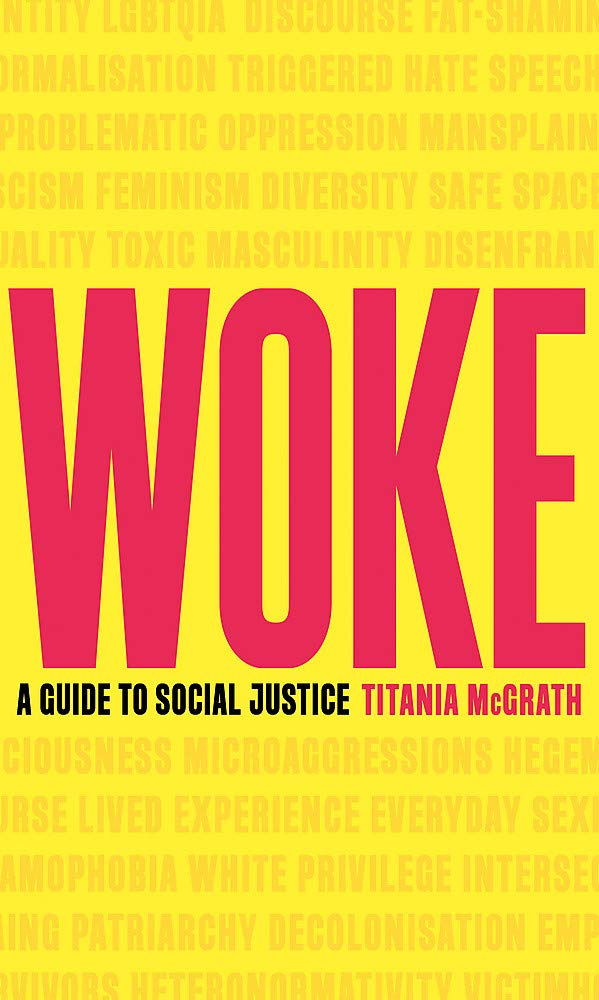
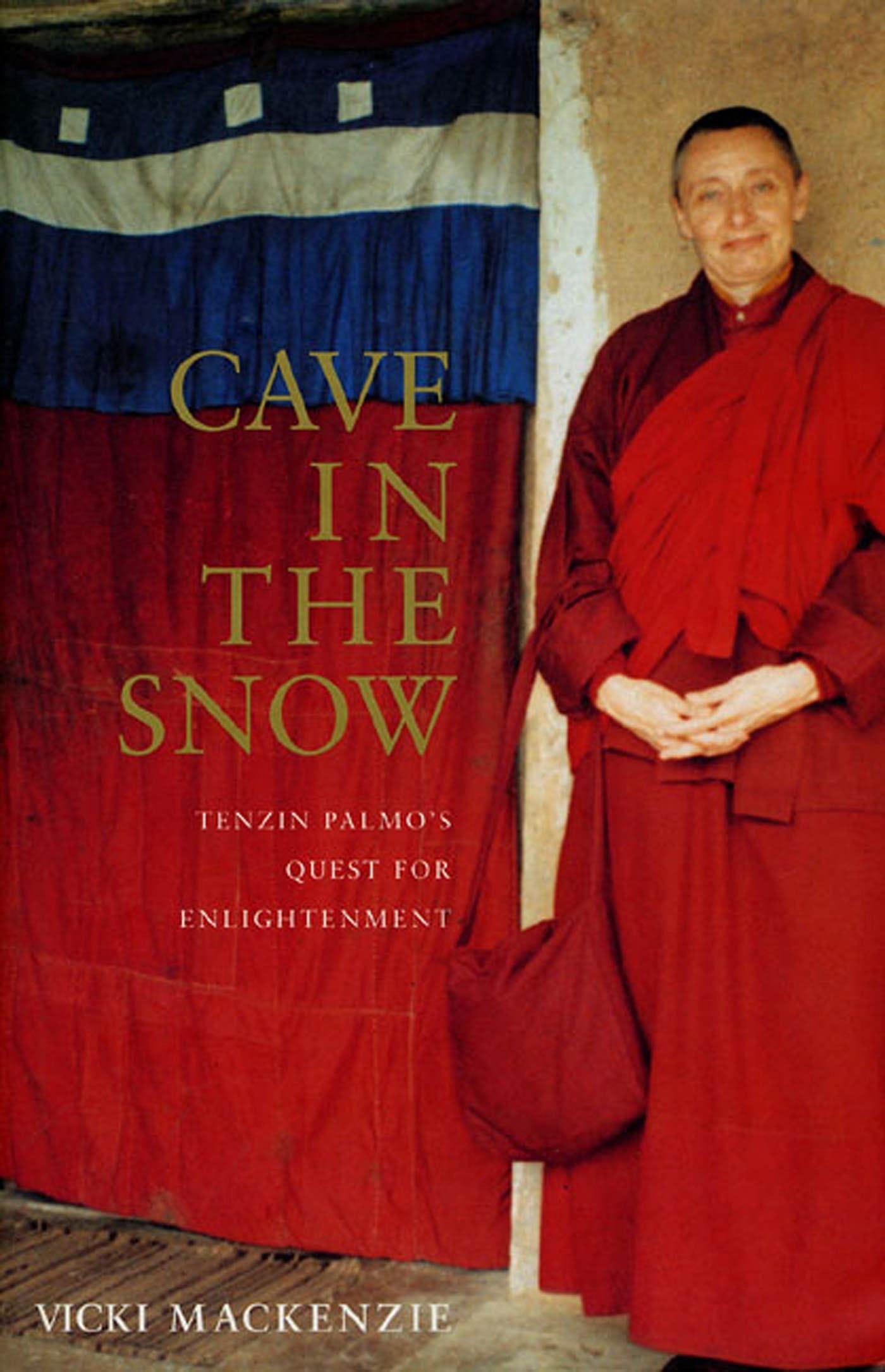


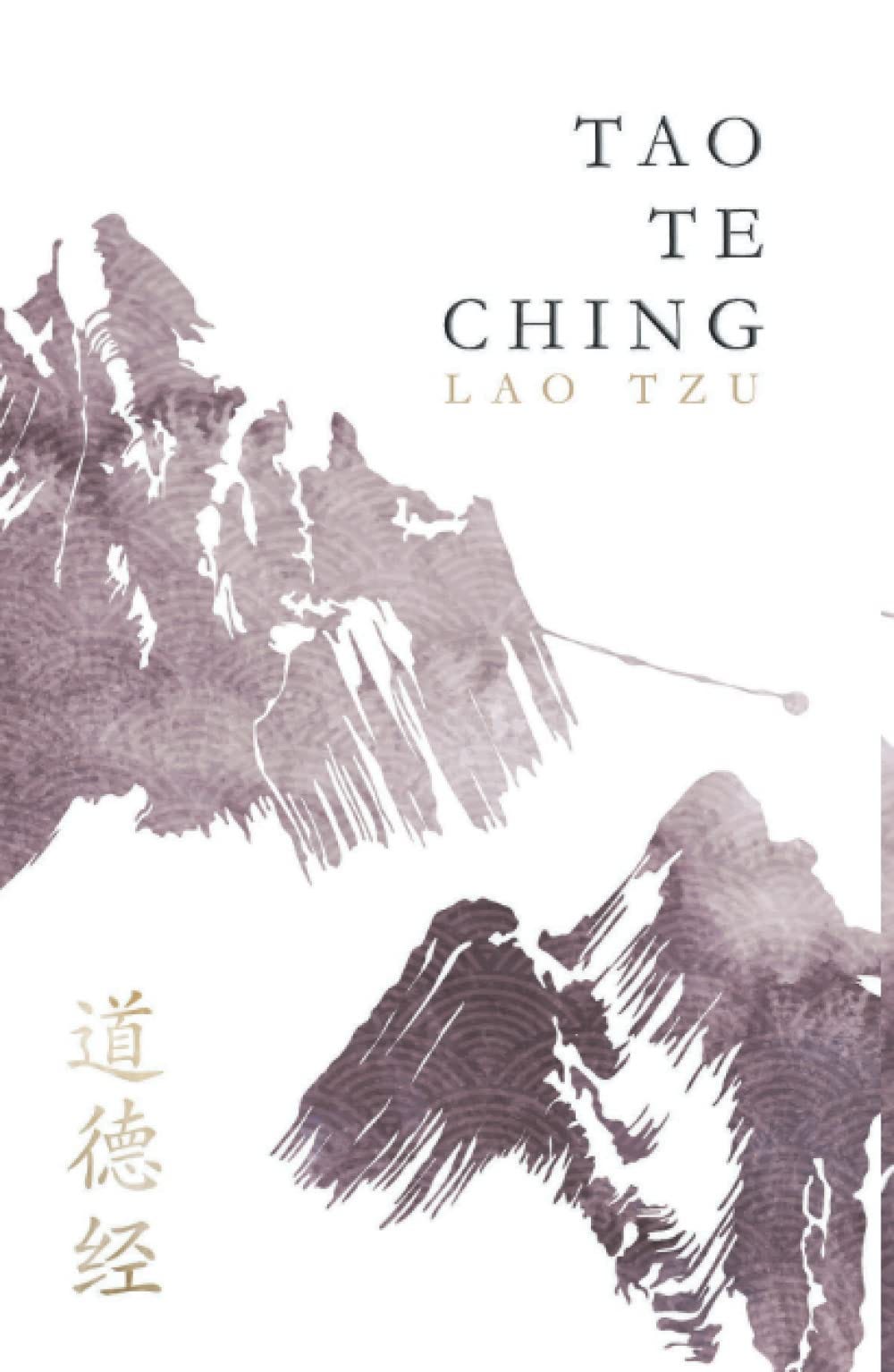

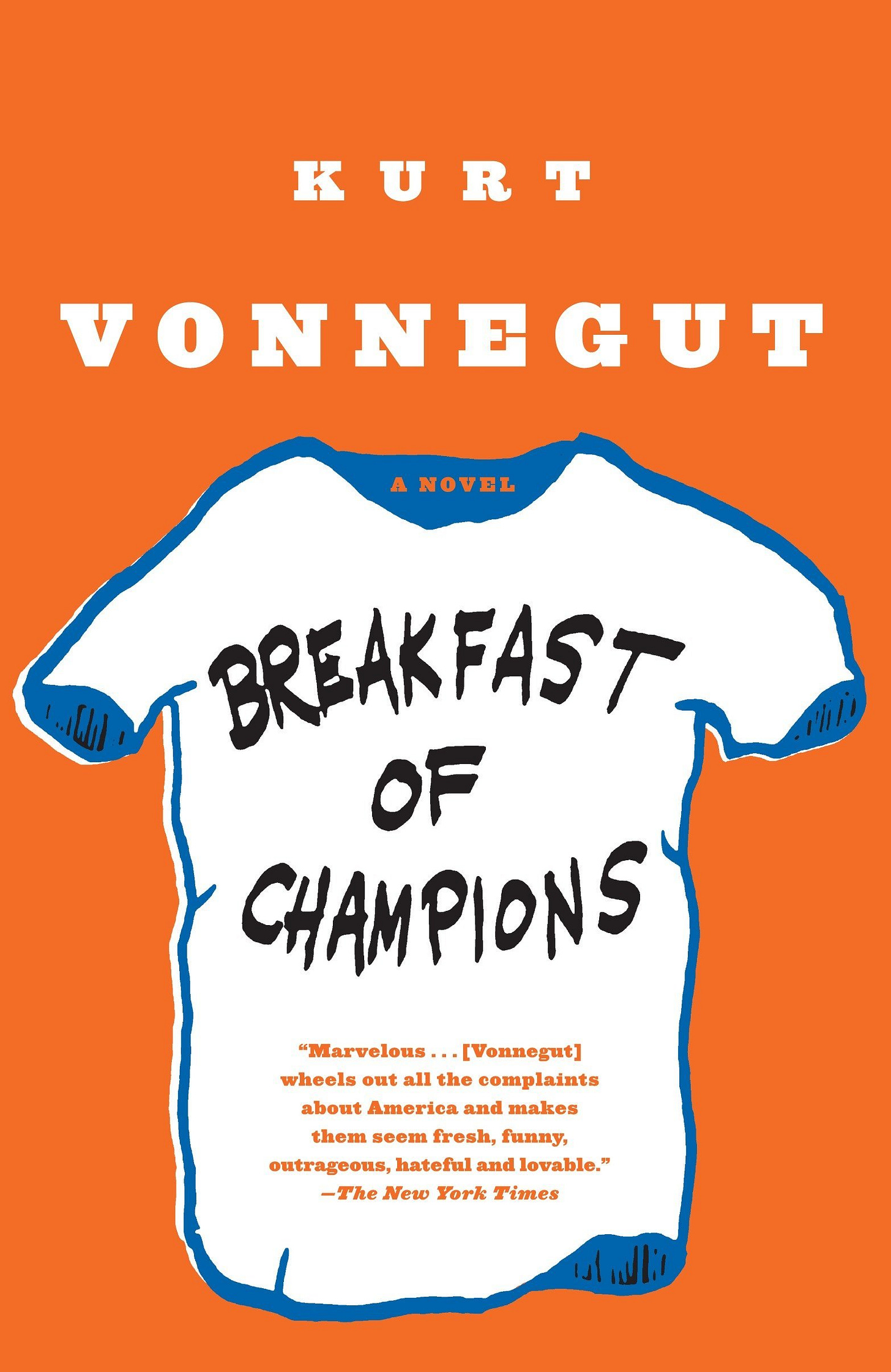


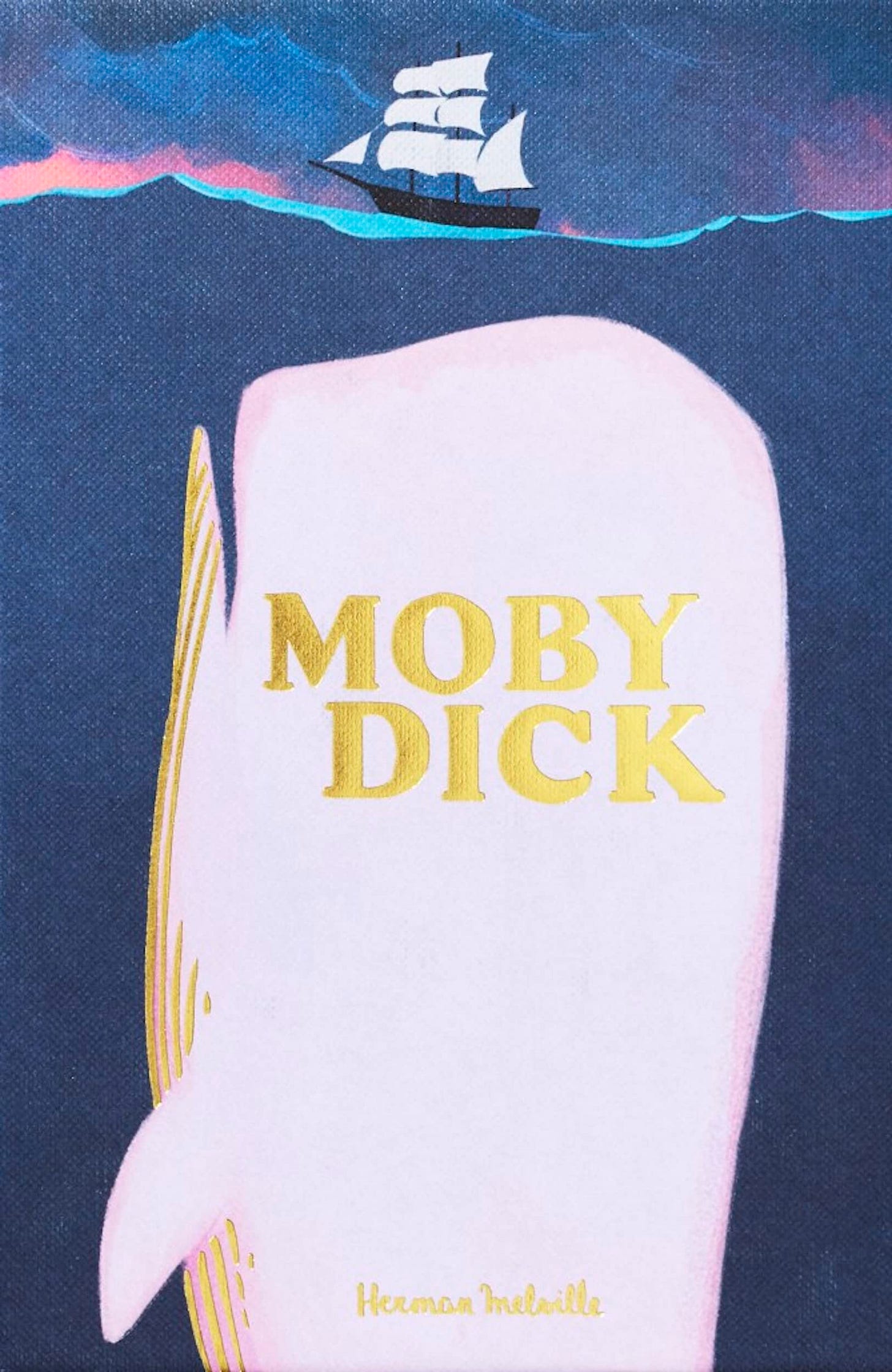

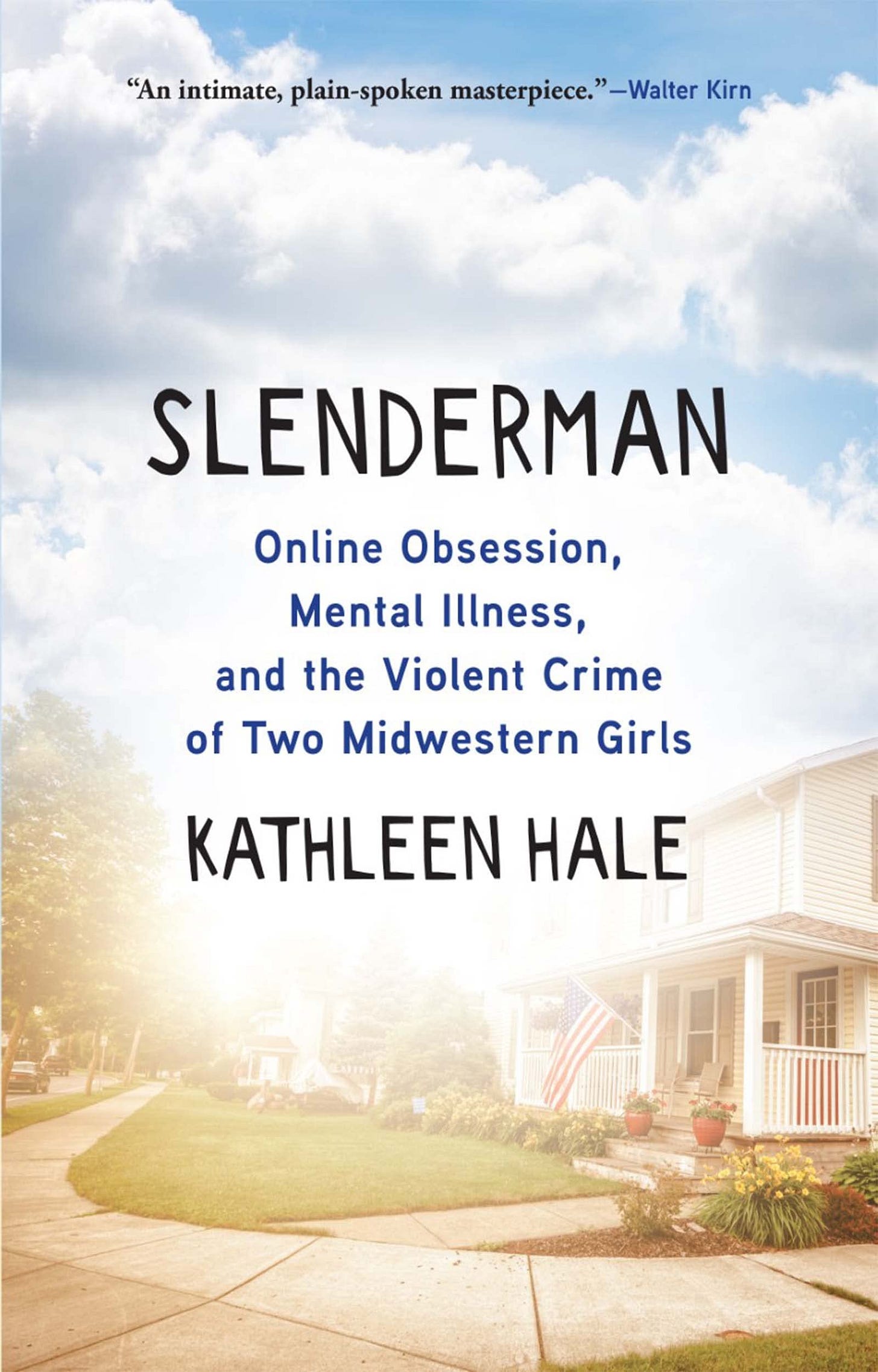


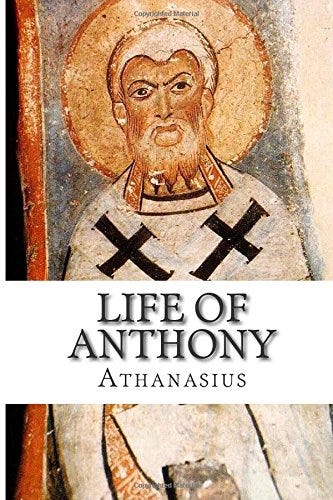






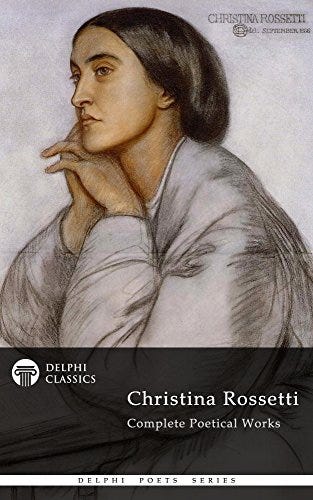


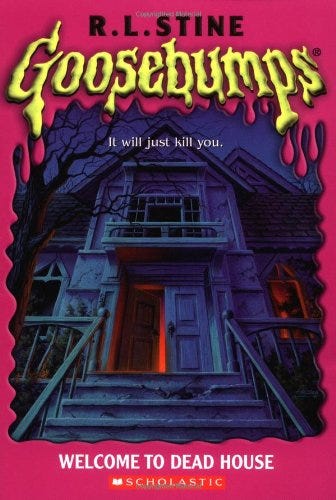








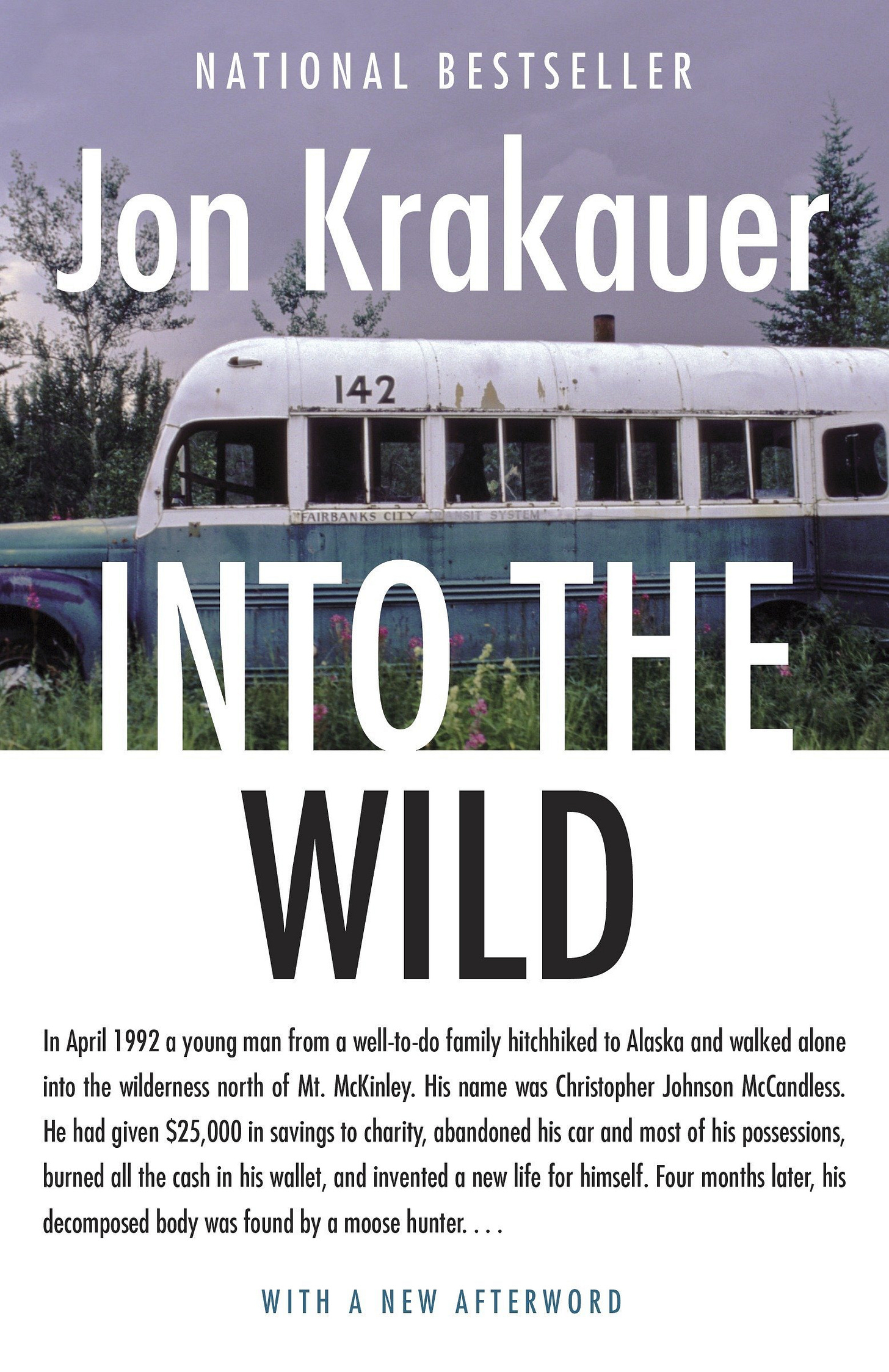



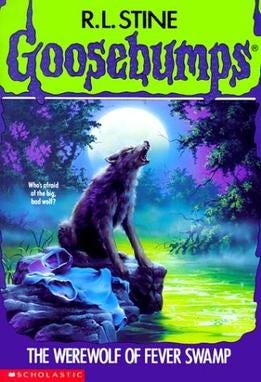
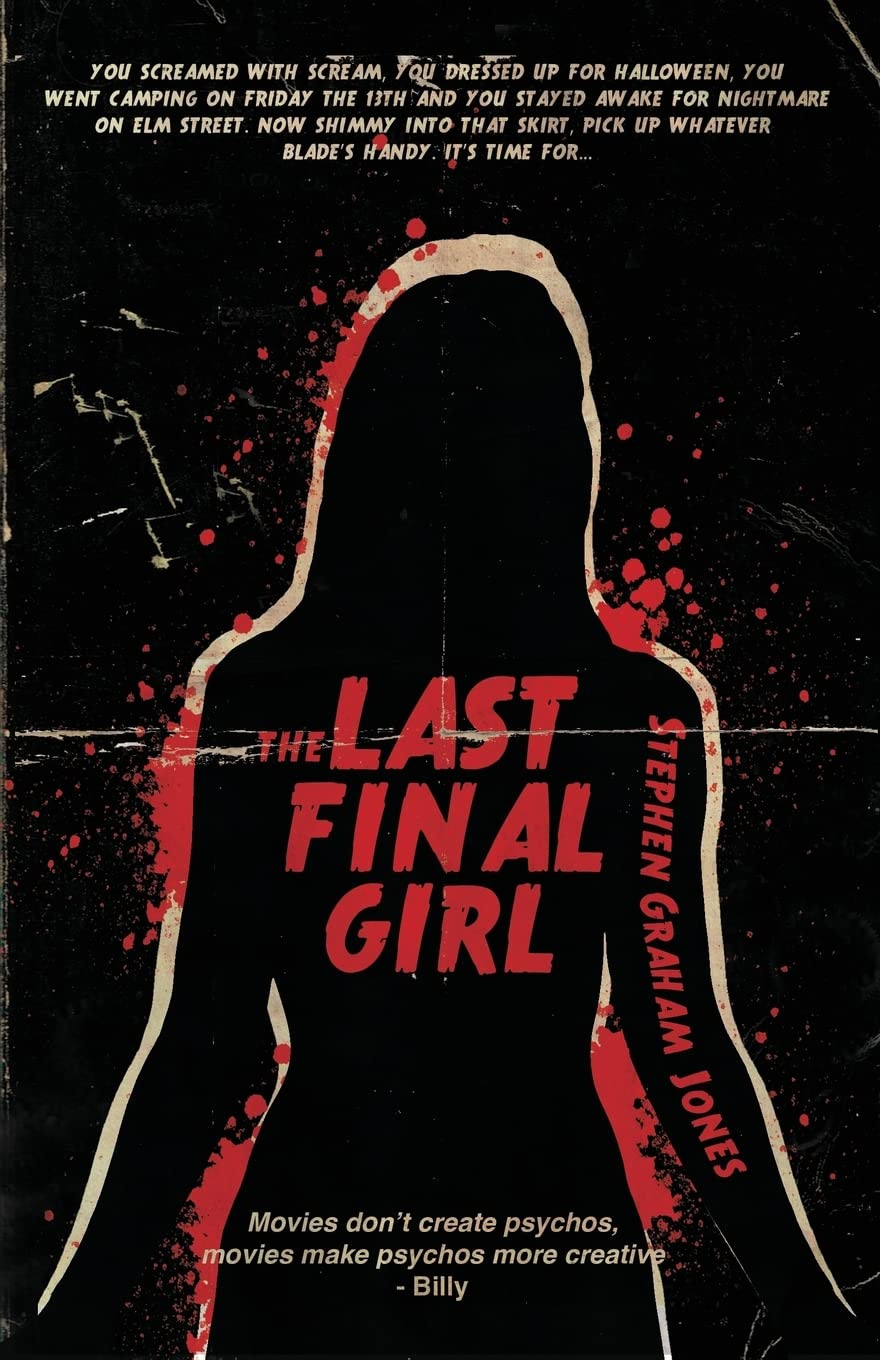

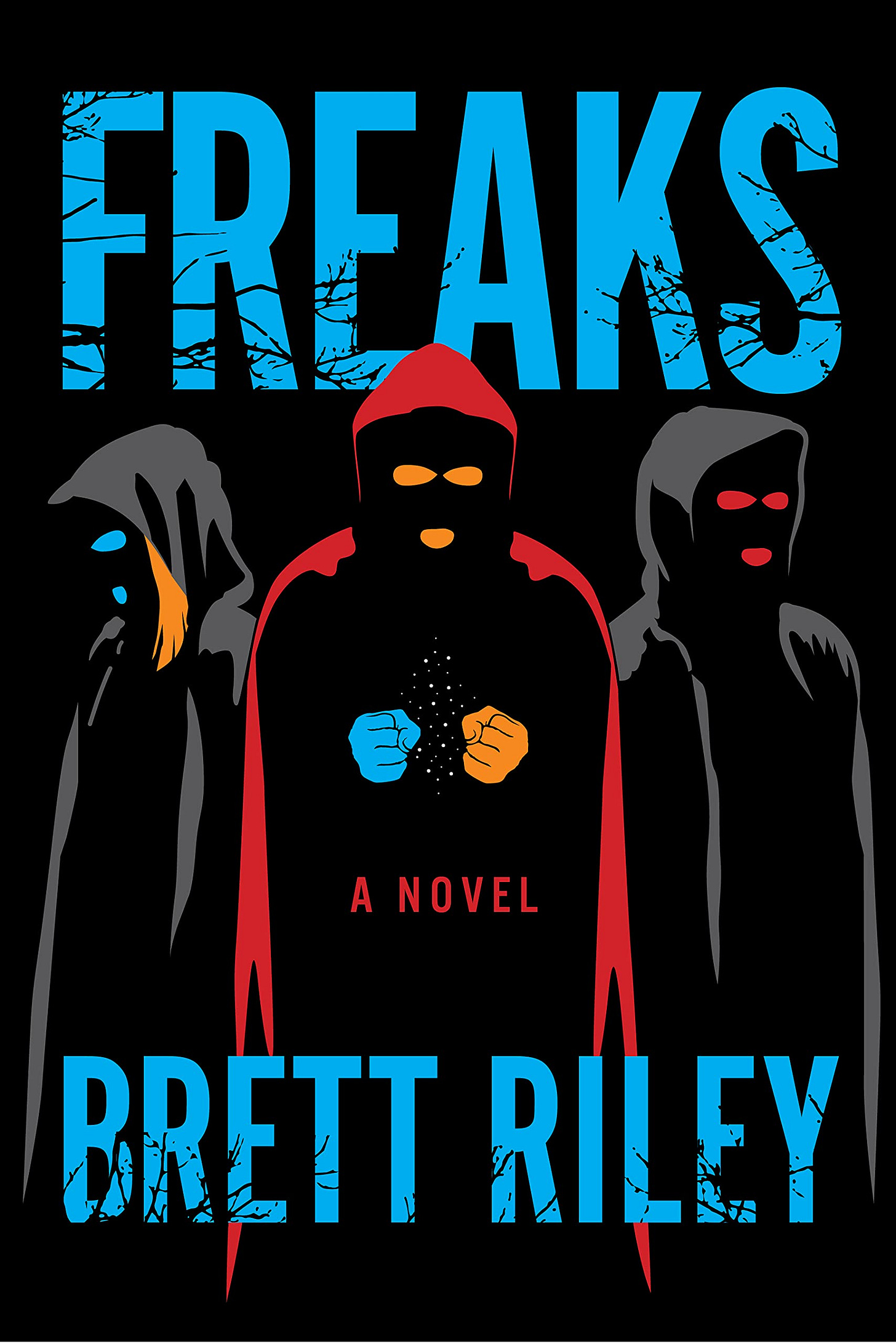
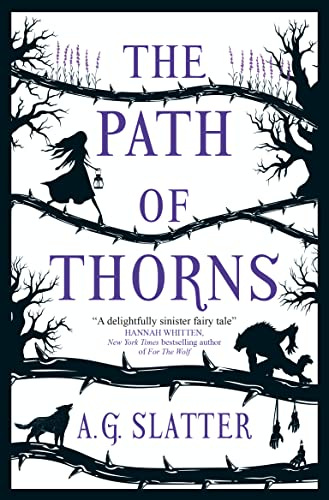


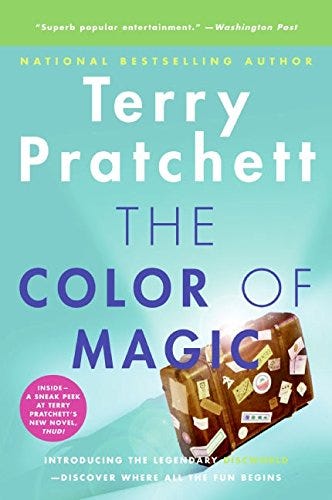




Thank you for the shout-out and the lovely words, Luke!
Mexican Gothic was maybe the worst book I've ever read, so bad it was funny. I had to finish it for book club because I always finish the book club book. I was sorry I did.
Into Thin Air was a thousand times better than Into the Wild, I think. It made me judge anyone who wants to climb Everest.
Now I know there's a book about the Slenderman stabbing! I'm from the Milwaukee area and had a 12-year-old when it happened, so I followed it closely. It was so effing sad.
And last, thank you for the Night Swimmers recommendation. I just put it on hold at the library, and I deleted my Twitter accounts last night. Here's to touching grass and reading lots of books!